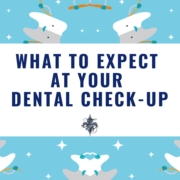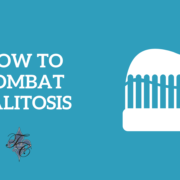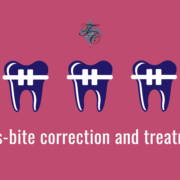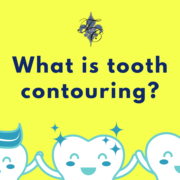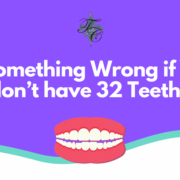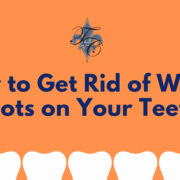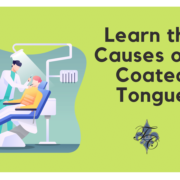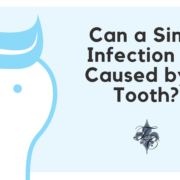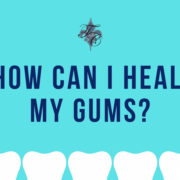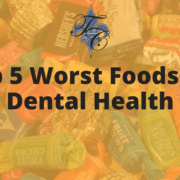What to Expect at Your Dental Check-Up
Are you dreading your regularly scheduled visit to the dentist? If you are, you’re not alone, but fear not: a visit to the dentist’s office isn’t nearly as bad as it sounds.
Dental offices like Dr. Chauvin’s office will do everything they can to make you more comfortable, and even if there’s somewhere you’d rather be, your mouth will thank you later.
Before the visit
It’s a good idea to ask your dentist’s office how long the appointment will last, then add some extra time to that. You don’t want to feel rushed or stressed while you’re in the dentist’s chair. Plus, if it’s been a long time since your last visit, the check-up could take longer.
Another thing you should do — if you have dental insurance — is to make sure that your dentist is part of your insurance network. Check with your dentist’s office beforehand to see if you will have to pay a copay or other fees when you get there.
The check-up
Arrive early at your dentist’s office to fill out paperwork, and also to make sure the staff has everything they need to complete your visit.
Here’s what will typically happen during the exam:
- A dental hygienist will use a set of ultrasonic tools to clean your teeth. He or she will work to get rid of plaque and tartar on your teeth and along your gum line.
- The hygienist will also floss in between your teeth. If you feel pain or discomfort at any time during the cleaning, let the hygienist know.
- If you haven’t had a cleaning in a long time, you might need a deep cleaning, in which case your dentist will likely have to inject novocaine or something similar to numb the gums.
- The hygienist will also polish your teeth and then give your mouth a good rinse.
- After the hygienist is done, you might get X-rays done, depending on the last time your mouth was X-rayed.
- The final person inspecting your mouth will be the dentist, who will inspect your teeth and gums and rate the strength of each tooth and search for any pockets or gaps in between your teeth and gums. Sometimes, this causes mild pain, discomfort, or slight bleeding. Don’t be alarmed – this happens to many people.
- If there are no problems detected, you’ll probably schedule your next check-up and call it a day. If the dentist finds any issues, he or she will discuss them with you and determine the next course of action.
Schedule Your Next Appointment with Dr. Tim Chauvin
If it’s time for your next check-up and cleaning, don’t hesitate. Your oral health depends on it! Contact Dr. Tim Chauvin’s office today.

